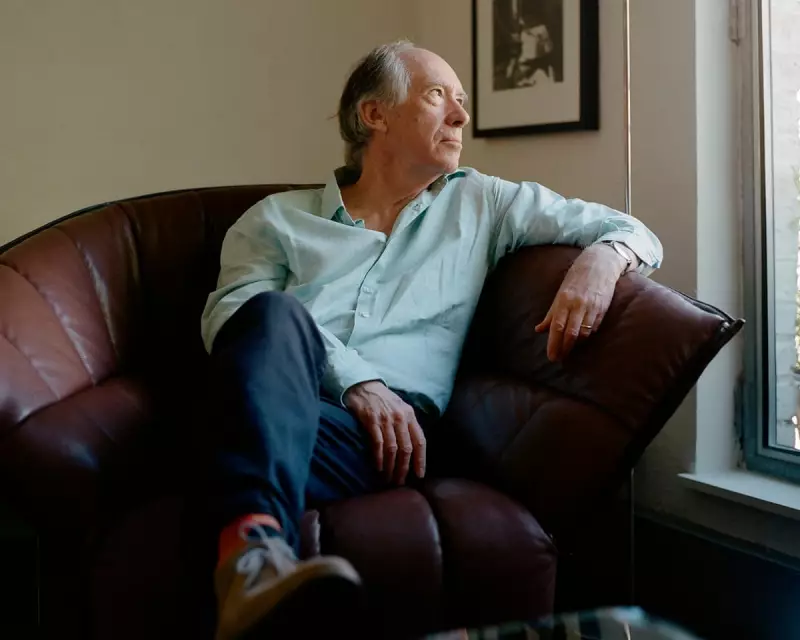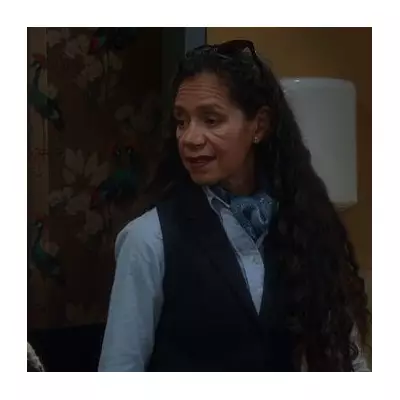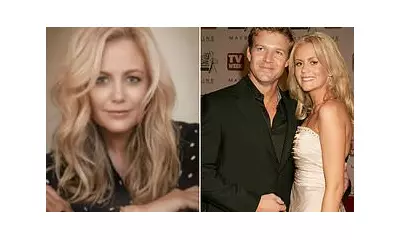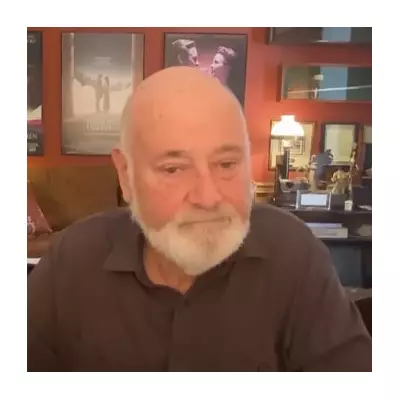
In his most politically charged work to date, Ian McEwan turns his formidable literary gaze upon the very foundations of modern liberal thought. What We Can Know is not merely a story but a profound philosophical inquiry wrapped in the compelling drama of a family confronting its deepest fractures.
A Family Divided, A Worldview Challenged
The novel centres on Hal, a respected philosophy professor whose life's work championing liberal values faces its ultimate test. When his daughter becomes entangled with a radical activist group, Hal's abstract intellectual convictions collide with painful personal reality. McEwan masterfully uses this domestic crisis to expose what he portrays as liberalism's dangerous naivety in confronting modern ideological threats.
The Intellectual Battlefield
Through Hal's character, McEwan explores the limitations of reason and dialogue when faced with uncompromising belief systems. The professor finds his carefully constructed arguments—once so effective in academic settings—failing against the rigid certainty of his daughter's new companions. This dynamic serves as a powerful metaphor for liberalism's broader struggles in contemporary political discourse.
London as a Character
The novel is firmly grounded in its London setting, with the city's intellectual circles and political institutions serving as backdrop to the unfolding drama. McEwan paints a vivid picture of the capital's cultural landscape, from university lecture halls to the halls of power, creating a rich tapestry against which the ideological conflict plays out.
McEwan's Most Provocative Work Yet
While maintaining his signature elegant prose and psychological insight, McEwan delivers his most overtly political novel. The narrative doesn't simply observe its characters' dilemmas but actively engages with the biggest questions of our time:
- How does liberal society defend itself without betraying its core principles?
- Can rational discourse survive in an age of emotional certainty?
- What responsibilities do intellectuals bear in safeguarding democratic values?
The novel offers no easy answers, instead presenting a challenging meditation on the precarious state of open societies. McEwan suggests that liberalism's greatest vulnerability may be its failure to recognise the limits of its own methods when confronting illiberal forces.
What We Can Know stands as both a gripping human story and a significant contribution to contemporary political thought. It confirms McEwan's position as one of Britain's most important novelists, unafraid to tackle the most pressing issues of our time through the transformative power of fiction.





